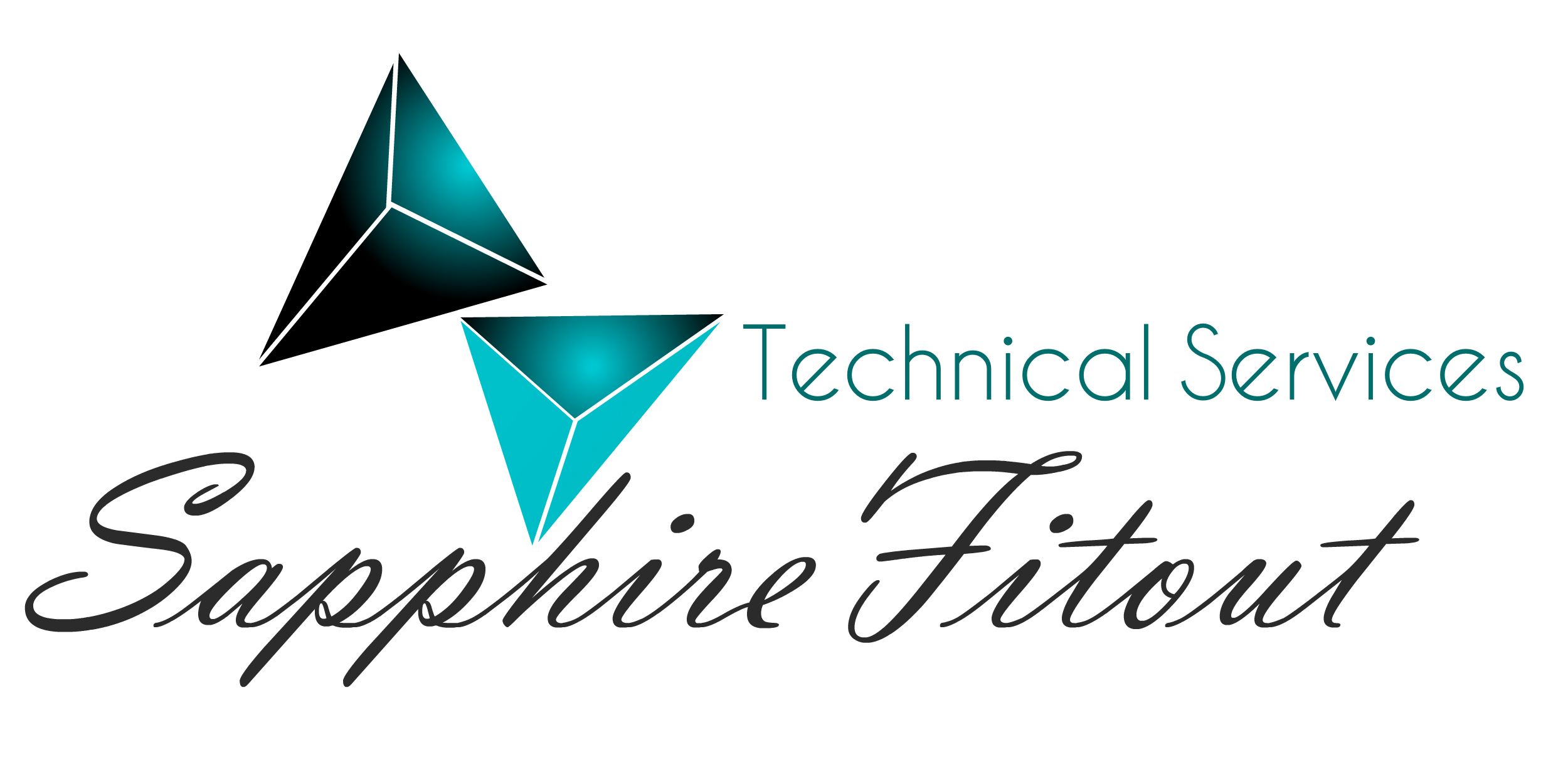A data room is an electronic space that permits companies to store, read, and share sensitive documents. It offers a central location, enhanced security features like encryption, firewalls as well as multiple backups and collaborative tools to facilitate document review and discussion.
A data room could cut costs by eliminating the necessity to transport and physically handle documents. It also increases transparency and accountability by monitoring of user activities and audit trails. It also assists organizations to protect against data breaches by ensuring that information is protected and only accessible to authorized users.
A virtual data room can be an effective tool for negotiating an acquisition since it gives buyers an overview of the company’s operations and financial status. Moreover, it shows that the seller is prepared for an acquisition and can reduce time spent on due diligence and administrative processes. It also makes the process smoother by facilitating collaboration between teams, making communication easier. The best VDRs let users customize their online document repository using advanced features, like redaction and fence views. Redaction blacks out areas of a file so that personally-identifiable information stays private, while fence view blocks viewing and preventing screenshotting. A dynamic watermark can be set up to be displayed at the time of file download or opening. Some providers also offer various additional security certifications, such as ISO 27001, SOC 1/2/3, GDPR and HIPAA.




